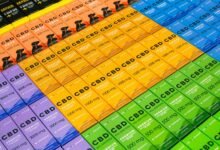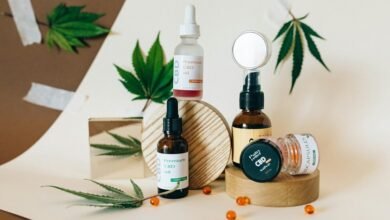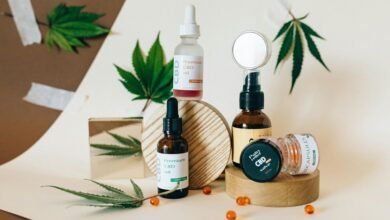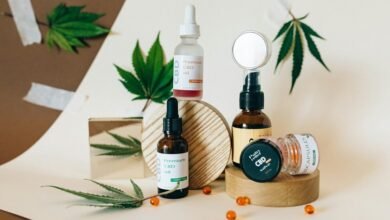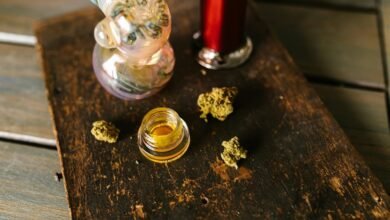Can You Fail a Drug Test From Cbd Oil
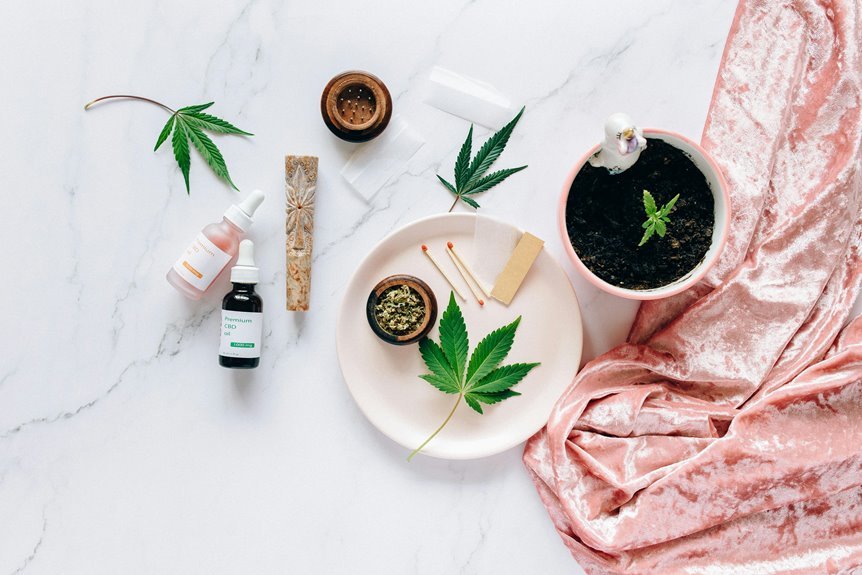
The use of CBD oil has gained popularity for its potential health benefits. However, many users remain unaware of the risks associated with drug testing. Specifically, the presence of THC in some CBD products can lead to unexpected positive results. Understanding how THC interacts with drug tests is crucial for anyone considering CBD oil. What factors should users consider to avoid complications?
Understanding CBD Oil and Its Components
CBD oil, derived from the cannabis plant, has garnered significant attention for its potential therapeutic benefits.
Various CBD extraction methods, such as CO2 extraction and solvent extraction, influence the oil's purity and potency.
Users often report numerous CBD health benefits, including relief from anxiety, chronic pain, and inflammation.
Understanding these components helps individuals make informed choices about incorporating CBD oil into their wellness routines.
The Role of THC in Drug Testing
The presence of THC, or tetrahydrocannabinol, in cannabis products plays a significant role in drug testing outcomes.
THC metabolism varies among individuals, impacting how long it remains detectable in the body.
Drug test thresholds are established to determine positive results, yet users of CBD oil containing even trace amounts of THC may inadvertently exceed these limits, leading to potential test failures.
Types of Drug Tests and Their Sensitivity
Various drug tests are employed to detect the presence of substances in an individual's system, each with differing levels of sensitivity.
Urine tests are the most common and can detect substances for days. Hair tests provide a longer detection window, while blood tests offer immediate results but are less frequently used.
Saliva tests are quick but have a shorter detection period, making them less sensitive overall.
Strategies for Safe CBD Use Before Testing
How can individuals ensure they use CBD oil safely before undergoing a drug test?
To promote safe consumption, users should select high-quality, third-party tested products with minimal THC content.
Additionally, proper testing preparation involves timing; stopping CBD use at least a week before the test can help mitigate risks.
Monitoring dosage and understanding product labels are crucial in avoiding unexpected complications.
Conclusion
In conclusion, while CBD oil offers potential therapeutic benefits, the risk of failing a drug test due to trace THC content remains a concern. Research indicates that up to 70% of CBD products may contain detectable levels of THC, underscoring the importance of choosing quality, third-party tested options. Users should remain vigilant and consider abstaining from CBD use before testing to safeguard against unintended consequences. Awareness and informed choices are essential in navigating the complexities of CBD consumption.

